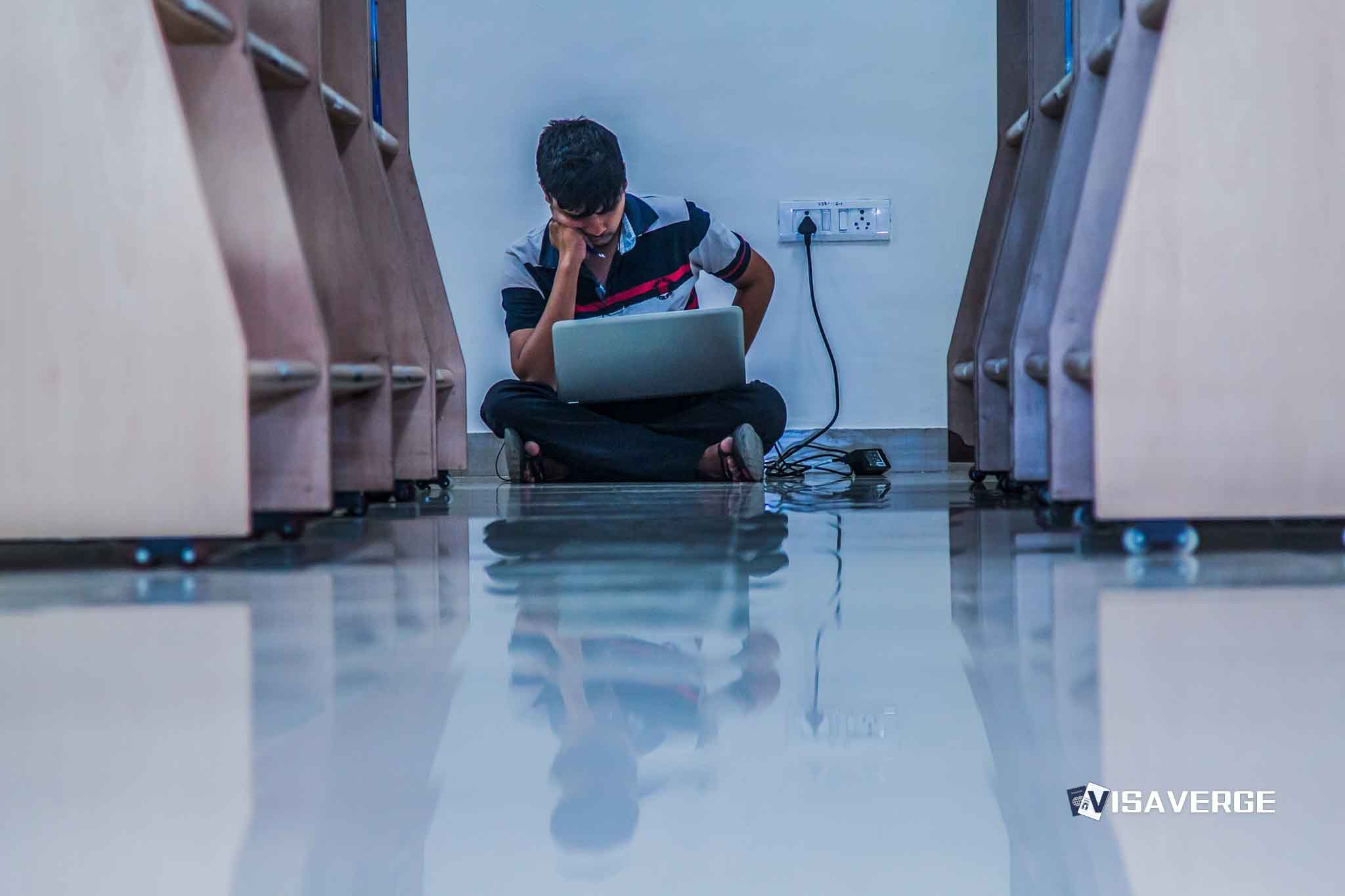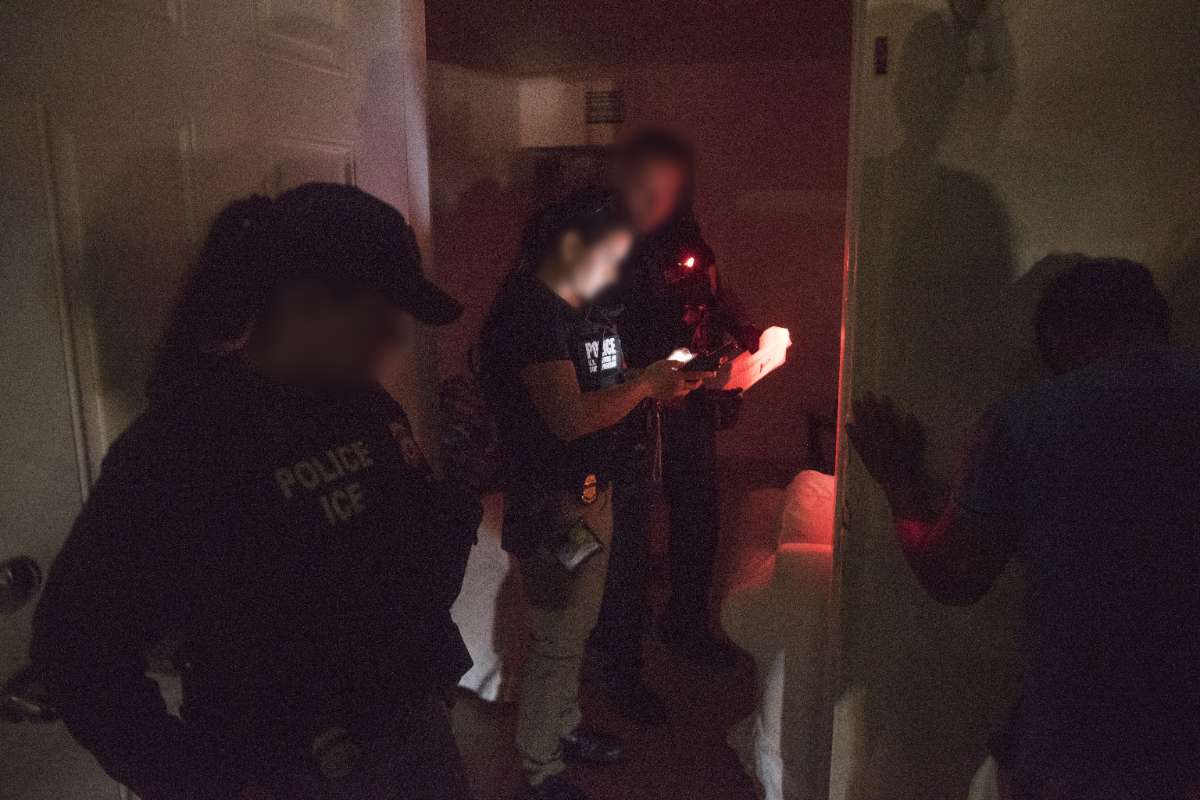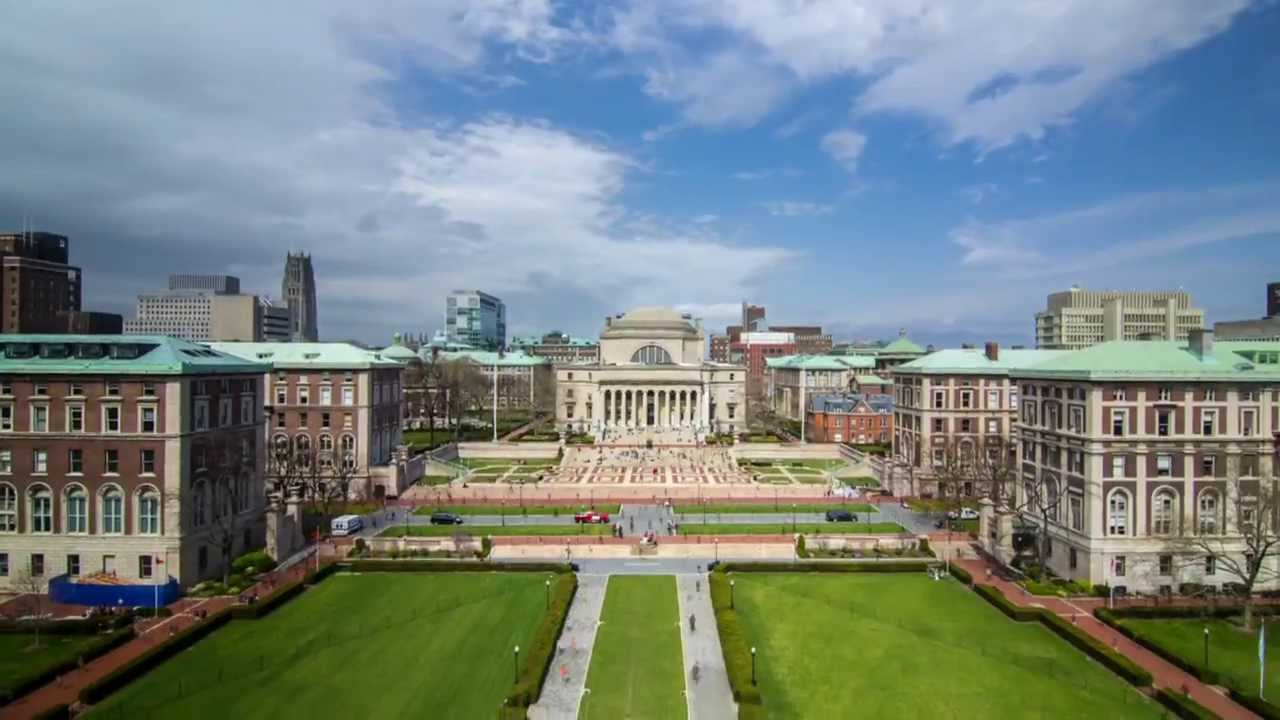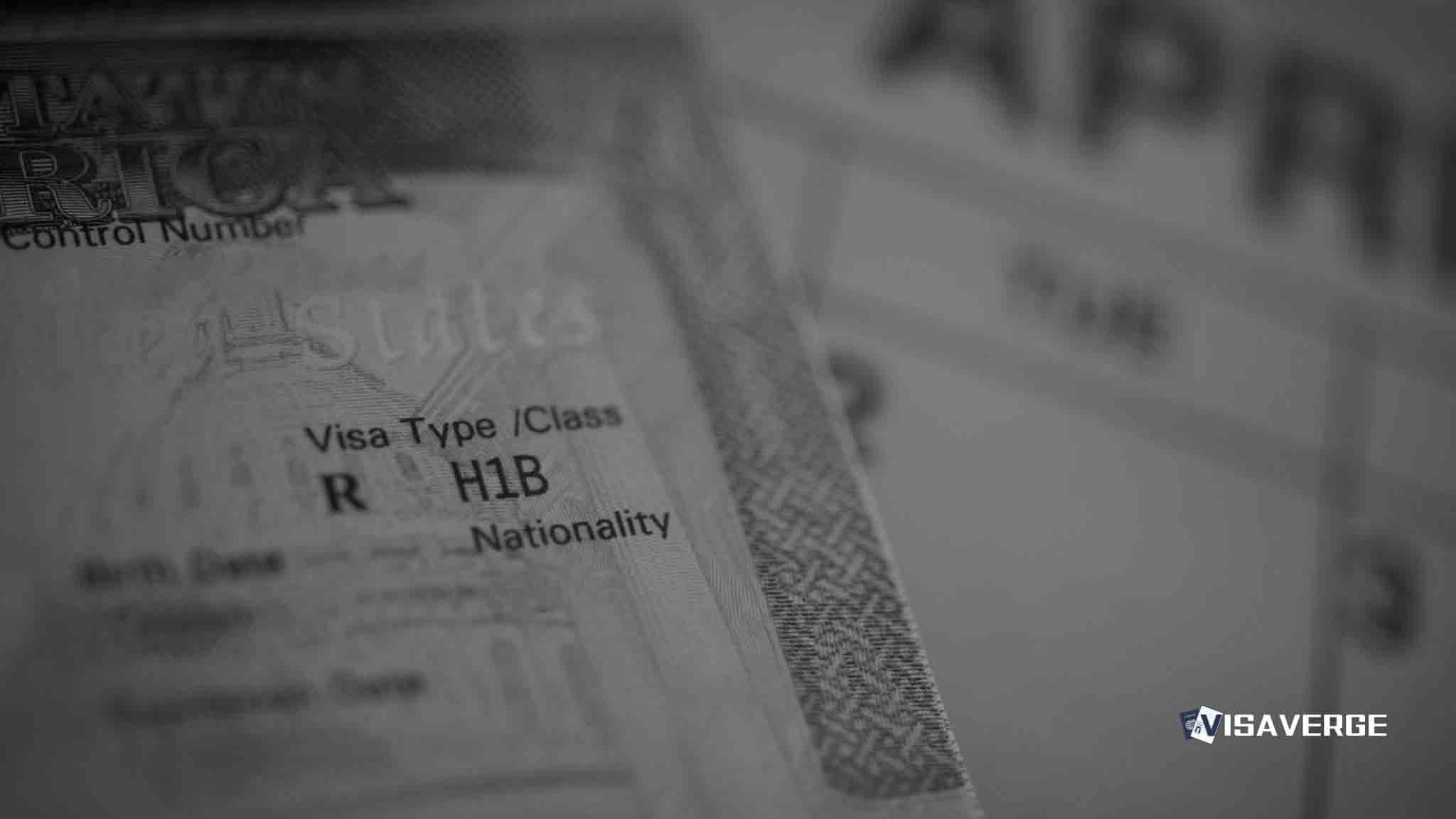(MASSACHUSETTS) A 19-year-old Honduran student at Babson College was deported to Honduras even after a federal court order explicitly barred U.S. authorities from removing her or transferring her out of Massachusetts, raising sharp questions about whether Immigration and Customs Enforcement ignored a judge’s instructions.
Annie Lucia Lopez Belloza, a freshman who had just started her first semester at the business school in Wellesley, was detained by U.S. Immigration and Customs Enforcement (ICE) officers at Boston’s Logan International Airport on November 28, 2025. She had arrived at the airport planning to fly to Texas to surprise her family for Thanksgiving, according to her attorney, immigration lawyer Todd Pomerleau.

Pomerleau said Lopez Belloza did not know there was a long-standing removal order in her name and was not told she had legal representation when she was stopped and questioned. Instead of boarding a domestic flight to see her family, the Babson College student was taken into immigration custody and held while her lawyer and advocates rushed to federal court in Massachusetts.
Emergency court order and alleged violation
Court records show that a federal judge issued an emergency order at 6:08 p.m. on Friday, November 28, 2025, clearly prohibiting ICE from removing Lopez Belloza from the United States or moving her out of Massachusetts. The written order, described by her lawyer as “crystal clear,” was meant to freeze her situation while the court reviewed her case and the circumstances around the old removal order.
Despite that, Pomerleau says ICE put Lopez Belloza on a flight to Texas later that same evening, moving her out of the state in direct conflict with the court’s instructions. The next day, she was placed on a flight to Honduras and deported, even though the federal court order blocking her removal was already in effect.
“A clear violation of the judge’s directive and a serious attack on the authority of the court,” — Todd Pomerleau, attorney for Annie Lucia Lopez Belloza.
Pomerleau called the sequence of events a “clear violation” of the judge’s directive and a serious attack on the authority of the court.
ICE response and missing explanations
ICE confirmed that Lopez Belloza had a removal order on her record dating back to at least 2015, when she was a minor. However, the agency:
- Did not answer detailed questions about why she was transferred and then deported after the federal court stepped in.
- Did not comment on whether any internal review has been launched.
- Did not say whether individual officers will face consequences for allegedly ignoring a judge’s order.
ICE’s general information on removals is posted on its official website at U.S. Immigration and Customs Enforcement, but the agency has released no case-specific explanation.
Legal and advocacy reaction
According to analysis by VisaVerge.com, deportations that proceed in the face of a clear court order are rare but deeply alarming to immigration lawyers because they strike at the basic rule that immigration agencies must obey federal judges.
Advocates warn that if agencies can remove a person after a court has told them not to, then other immigrants with pending appeals or emergency motions could be at risk.
Legal experts note that a federal court order blocking removal is supposed to act as an immediate stop sign for immigration officers. Standard practice is that the agency halts all travel or deportation plans involving that person until the judge changes or lifts the order.
Several immigration attorneys following the case said that if the facts are as described in the court filings, this could amount to contempt of court, a serious matter that federal judges do not take lightly.
Impact on Lopez Belloza
Lopez Belloza is now living with her grandmother in Honduras. Instead of finishing group projects and sitting for finals at Babson College, she is trying to follow her classes remotely—unsure if she will be able to complete her courses from abroad.
Pomerleau said she is expected to miss key exams and could lose credits or even her place in school if the situation is not resolved quickly. Friends and classmates have described her as a strong student who earned her spot at the college and had started to build a life in Massachusetts.
Background on the removal order
For Lopez Belloza, the story began long before her arrest at Logan Airport. ICE has said only that a removal order has been in place since at least 2015, suggesting that her family may have lost an immigration case years earlier. Important unknowns include:
- Whether she was properly informed of that order when she was a child.
- Whether she had a chance to reopen the case once she turned eighteen and enrolled at Babson College.
Her attorney says she did not know about the order and never tried to hide from authorities.
Airport encounters and policy implications
The case highlights what can happen at airports, where front-line officers have wide power to question noncitizens they suspect may be removable. A trip meant to surprise family for a holiday can quickly turn into a one-way ticket out of the country.
Lawyers point out:
- When someone already has a removal order, even an old one, airport encounters can be especially risky without counsel ready to act.
- Old removal orders can suddenly upend the lives of young people who have grown up in the U.S. and gone on to college.
- Many teenagers whose families lost asylum or immigration cases years earlier may not understand decisions made when they were children, yet face deportation to countries they barely know.
Next legal steps and potential consequences
Pomerleau has promised to keep pushing in court, both for Lopez Belloza’s return to the United States and for a detailed explanation of how the order was ignored. He has not ruled out asking the judge to force the government to bring her back, a rarely used but possible remedy when an agency’s actions have made a case meaningless.
He argues that his client’s rights to due process were “trampled” when she was deported before the court could fully review her situation.
If the court decides ICE violated the order, the agency or individual officials could face sanctions. So far, there has been no public statement from the Department of Homeland Security or the Department of Justice about whether they will investigate why the deportation went forward after the judge acted.
Timeline (concise)
| Date | Event |
|---|---|
| 2015 or earlier | Removal order on record (ICE says at least since 2015) |
| Nov 28, 2025 | Lopez Belloza detained at Boston Logan Airport while en route to Texas |
| Nov 28, 2025 — 6:08 p.m. | Federal judge issues emergency order blocking removal or transfer out of MA |
| Nov 28–29, 2025 | ICE allegedly moves her to Texas and then places her on a flight to Honduras |
| Nov 29, 2025 | Lopez Belloza deported to Honduras |
Broader implications
Her future, and the court’s response to this clash with a federal order, could shape how other students with old orders are treated when they pass through airports or come to the attention of immigration officers—both in Massachusetts and across the United States.
For now, the immediate impact is on one young woman who left her dorm room in Massachusetts expecting a brief Thanksgiving visit and instead found herself back in Honduras, thousands of miles from her campus and classmates.
A 19-year-old Babson College student was detained at Logan Airport Nov. 28 and deported to Honduras Nov. 29 despite a federal judge issuing an emergency order at 6:08 p.m. that same day prohibiting her removal or transfer out of Massachusetts. ICE confirmed a removal order dating to at least 2015 but provided no case-specific explanation. Her attorney plans to pursue court remedies, arguing the deportation violated the judge’s directive and may constitute contempt of court.








